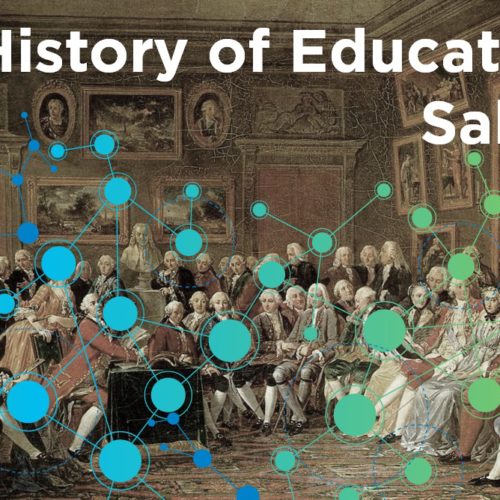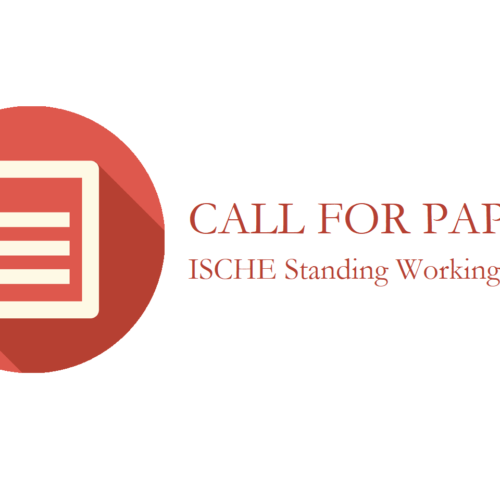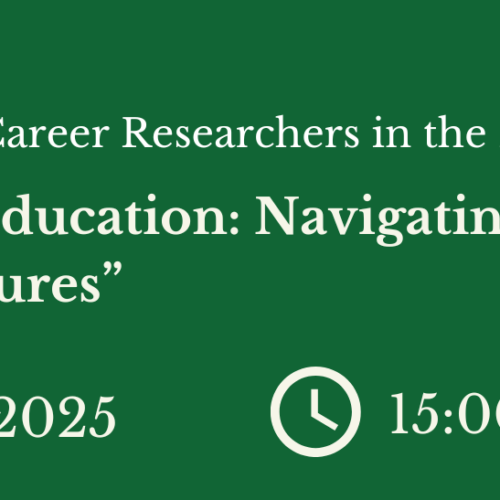Call for Papers – ISCHE 39 Pre-Conference Workshop Archives and museums. Deadline: Apr. 30, 2017
Call for Papers ISCHE 39 Pre-Conference Workshop
“Archives and museums about the history of education with a view to emancipatory processes”.
Convened by: María Cristina Menezes (UNICAMP, Brasil), Lucia Martinez Moctezuma (UAEM, Méjico) and María Cristina Linares (UNLu, Argentina)
We understand that documents, school objects and the immaterial education heritage of museums and archives help to construct / interpret history, to understand forms of socialization. In that sense they provide important materials to unravel the school mechanisms in the processes of transculturation, hybridization, acculturation and emancipation of peoples.
But the question is, what are we doing from the archives and museums so that these processes can be visible, evident and socialized? And, in the other hand, in which way are we doing it? The way we select contents, the way we present exhibitions, the way we write labels, the way we work with visitors, must ensure that everything we do is driven by the collection and focused on actual and potential users.
The museums and archives of History of Education must use our collection for enjoyment and inspiration, working with people from all backgrounds to provoke debate and reflection about the past, present and future of education. Contemporary museums and archives can only be effective if we develop our work in consultation, collaboration, partnership with our different audiences through outreach, exhibitions and public programs. On that purpose, communication, transference and dialogue channels must be built between documents, objects and the community. We have to turn into a more effective community service.
We need to work with our community of teachers, students, scholars and neighbours in partnerships to share new perspectives on the collection and the ways in which audiences engage with it. We want to recognize that there are wide varieties of perspectives on all issues that the museum and archives works with and reflect that diversity in what we do. We have to work in a way that helps us make the shift from participation to representation, so that new audiences and their knowledge and experiences become evident within displays, documentation and museum and archive policies.
This workshop aims to discuss how we work with our heritage and how we communicate and work with the community in educational fields from the perspective of political, cultural, national, social and pedagogical emancipation.
Please send an abstract up to one page by April 30, 2017. Please send proposals to all three conveners:
María Cristina Menezes (UNICAMP, Brasil), menezes.mariacristina@gmail.com
Lucia Martinez Moctezuma (UAEM, Méjico), luciamoctezuma@yahoo.com.mx
María Cristina Linares (UNLu, Argentina), 25cristinamaria@gmail.com
About author
You might also like
CfP: XIV Congresso Iberoamericano de História da Educação | CIHELA 2021 Lisboa
The Iberoamerican Congress on the History of Education (CIHELA), which has moved from 2020 to 2021, will take place from 20 – 23 July 2021 at the University of Lisbon,
History of Education Salon “Education and the Body”
We are pleased to announce the first ISCHE online History of Education Salon! Over the month of April 2017 we invite you to join a discussion on education and the
Objects, Senses and the Material World of Schooling SWG invites submissions for ISCHE 39 conference. Deadline: Feb. 15, 2017
Objects, Senses and the Material World of Schooling SWG Convenors: Kazuhisa Fujimoto (Japan, Keio), Ian Grosvenor (UK, Birmingham), Noah W. Sobe (USA, Loyola University Chicago) and Mirian Warde (Brazil, UNIFESP)




